US Congress ‘greatest obstacle’ to reviving Iran nuclear deal: American think tank
The US Congress poses the “greatest obstacle” for the United States to return to compliance with the Iran nuclear deal, as lawmakers -- many of whom fierce critics of the accord-- have a “say” in the matter, according to Jonathan Lord, a senior fellow at the Center for a New American Security (CNAS).
While the Barack Obama administration was negotiating the original JCPOA in 2015, Congress passed and the president signed into law the Iran Nuclear Agreement Review Act (INARA), which gave Congress oversight of the deal.
“INARA essentially gave Congress veto power over the JCPOA, or any new or amended deal with Iran,” Lord wrote in an article published in The Hill. “What remains legally uncertain is, what happens if the United States and Iran both return to compliance with the original JCPOA — would that constitute a ‘new deal,’ requiring submission to Congress? Legally, it’s not clear.”
According Lord, who is director of the Middle East Security program at the CNAS, it’s hard to imagine the Joe Biden administration dodging congressional oversight on a matter of such intense political significance.
“In May, Biden’s lead negotiator, Rob Malley, testified to the Senate Foreign Relations Committee that any deal the administration reached would be submitted to Congress under INARA, initiating the 30-day review period and potentially enabling Congress to pass a JRD (Joint Resolution of Disapproval) and kill the deal,” he said.
Read more:
- ‘Internal problems, Israeli pressure behind US dilly-dallying in Vienna talks’
- US ‘rejects request for Lapid-Biden call’ as Iran deal talks near end
Marathon talks have been held in the Austrian capital, Vienna, since April last year to revive the JCPOA. The talks were launched after Biden became president of the United States and promised to rejoin the deal and repeal former president Donald Trump’s “maximum pressure” policy against Tehran.
However, the talks have not yet led to an agreement, as a number of outstanding issues persist, including the scope of sanctions that will be removed and the need for the US to give guarantees that it will not leave the deal again. Biden, in the meantime, has been facing pressure from Republicans in Congress who urge him not to restore the JCPOA or lift any of the sanctions imposed under the so-called maximum pressure campaign.
‘JCPOA revival will be painful’
“Beyond the details of the deal being negotiated, it’s hard to imagine what lasting benefit there is for Iran in agreeing to return to a deal that has become so politicized in US politics that any hypothetical Republican successor to Biden — who is currently polling around 40 percent approval — is likely to tear it up on day one of his or her presidency,” Lord pointed out.
“But if we suspend our disbelief that the negotiating teams can succeed in overcoming doubts and disagreements, what legally must follow in Washington further complicates a return to the deal: Congress gets a say.”
“Providing that a deal is reached, and is submitted to Congress for review, would it survive? The short answer — and an evergreen one when dealing with the legislative branch — is probably, but it’s going to be painful,” he added.
The “maximum pressure campaign” policy instituted by Trump following his 2018 withdrawal from the JCPOA failed to drive Iran into making more concessions, it stated. “It had every opportunity to succeed and was even abetted by chance: the COVID-19 pandemic was a force multiplier that brought Iran economically to a fever-pitch crisis.”
But through it all, the article continued, Tehran continued to advance its nuclear, ballistic missile, and drone programs. “Leaving the JCPOA may have cost us the most precious commodity: time. And now, out of time, out of options, it’s hard to see how we’re better off. Let Congress consider that,” Lord concluded in his article.
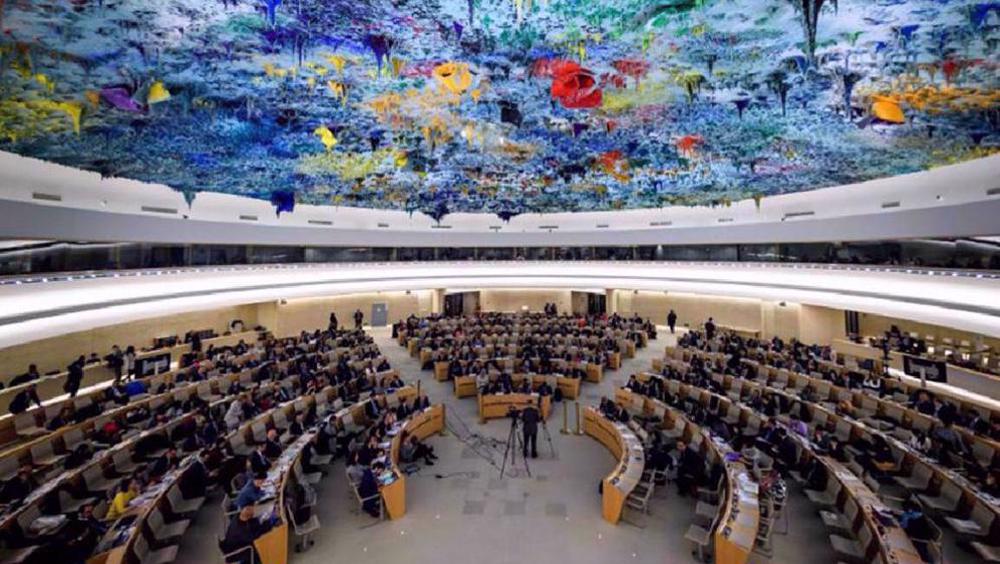
Iran slams West for exploiting UN Rights Council for political pressure
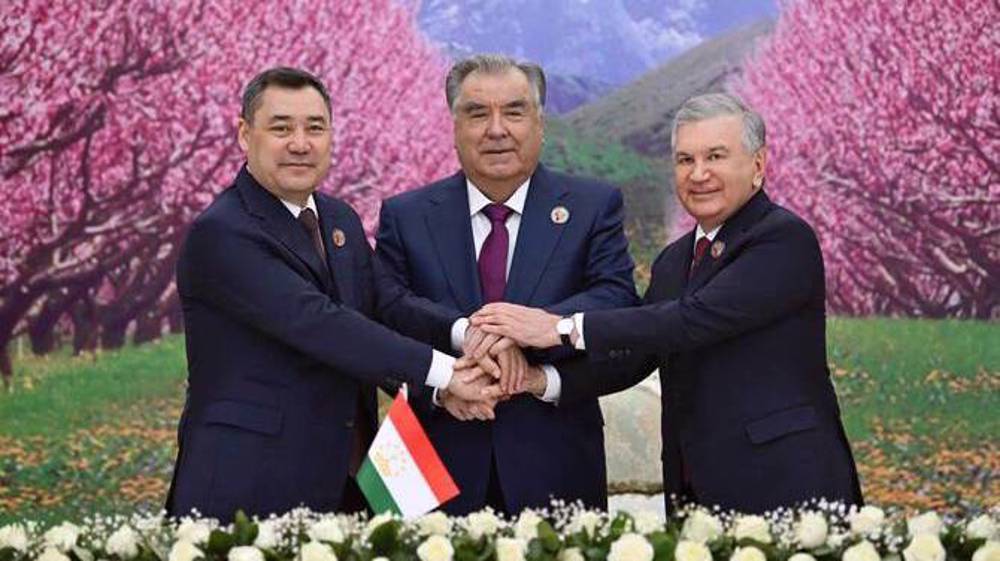
Iran hails Kyrgyzstan-Tajikistan-Uzbekistan border deal
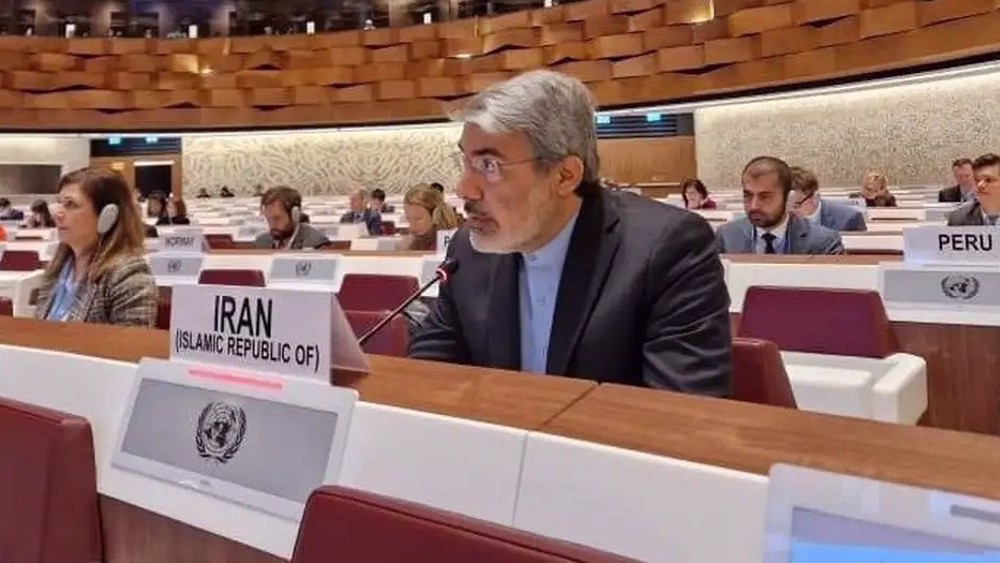
Envoy rejects UN body’s ‘false picture’ of rights situation in Iran
VIDEO | Children of a lesser god
Israel’s crimes in Gaza surpass Daesh’s, all forms of terrorism: Report
Iran slams West for exploiting UN Rights Council for political pressure
Yemen’s army thwarts two US attacks: Spokesman
Iran hails Kyrgyzstan-Tajikistan-Uzbekistan border deal
French police bludgeon students protesting budget cuts in Paris
Envoy rejects UN body’s ‘false picture’ of rights situation in Iran
Negative impact of Trump tariffs on UK economy


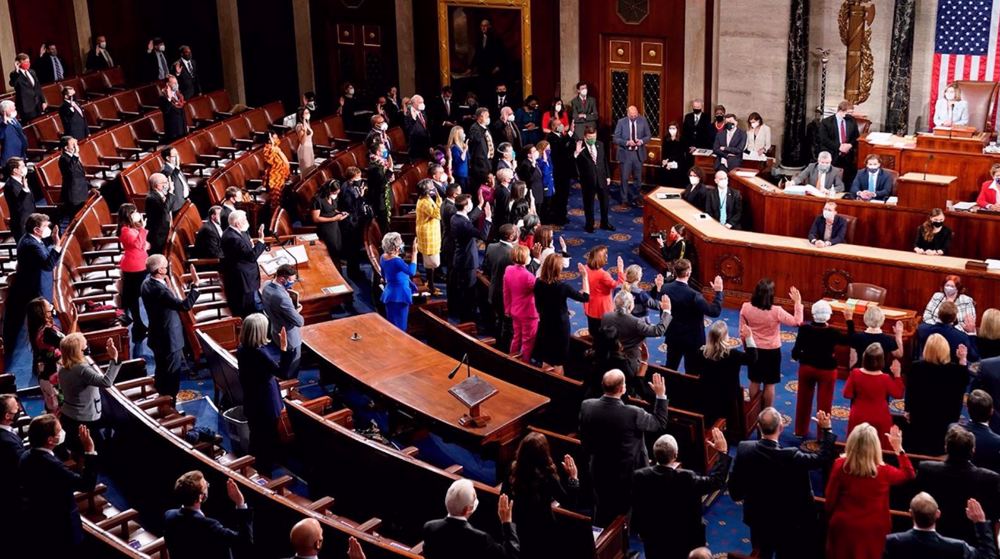



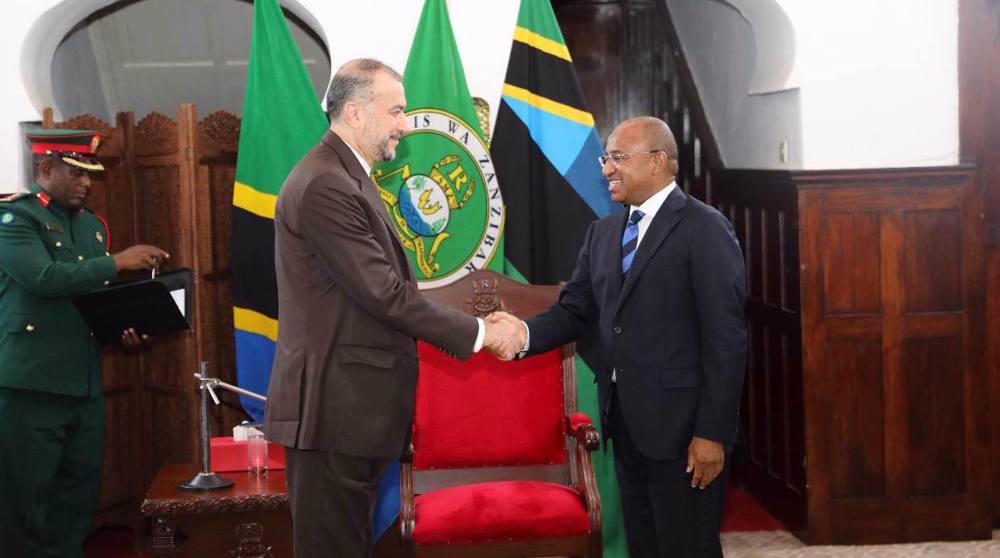
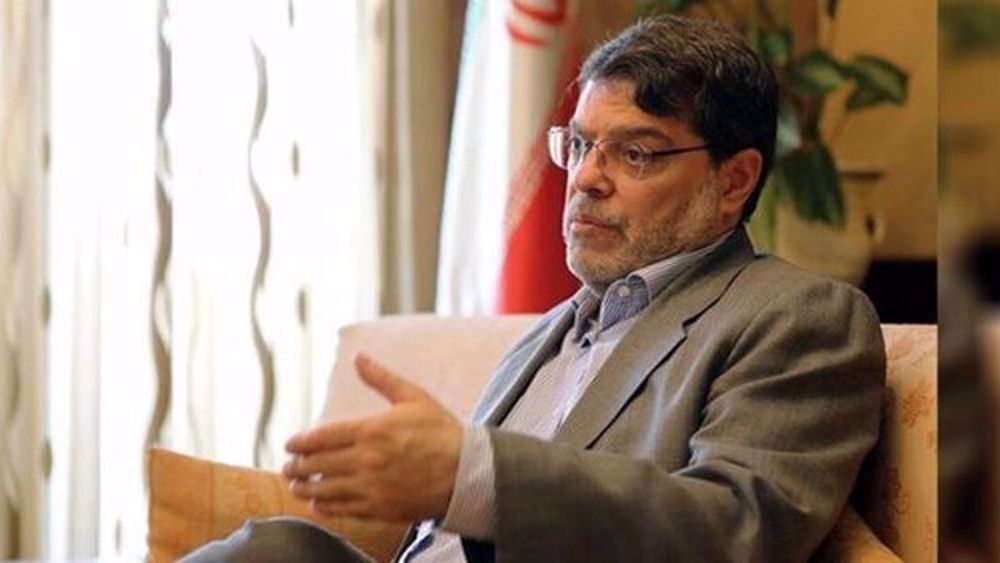
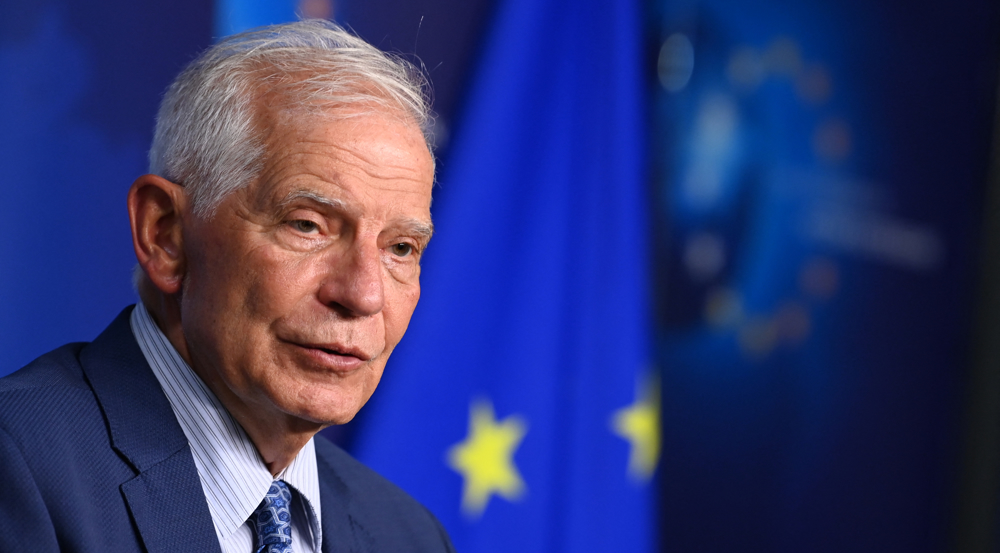
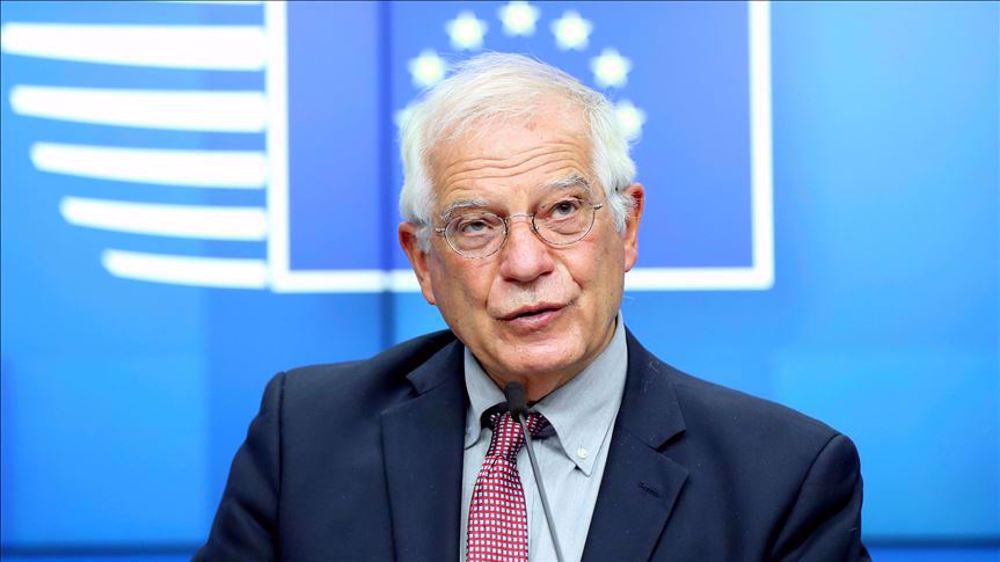
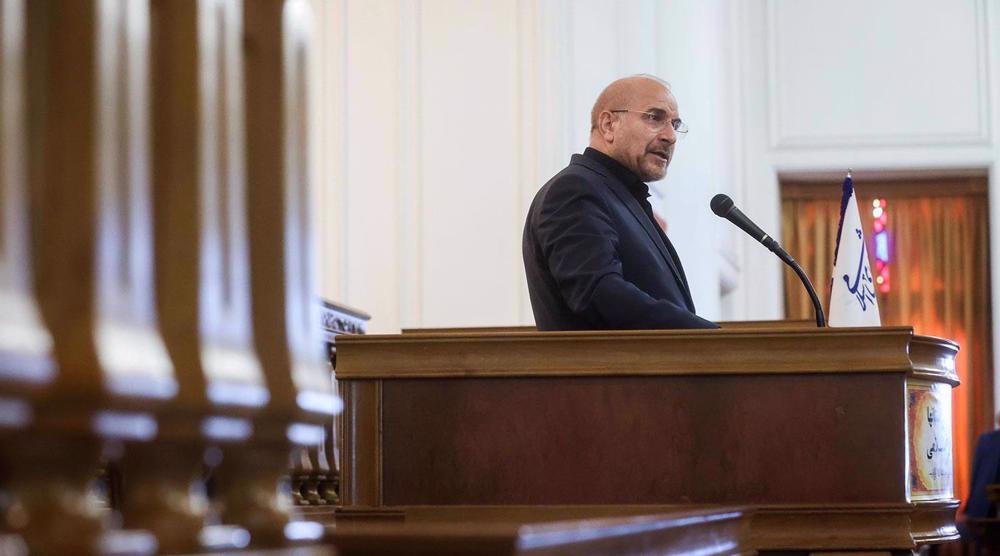

 This makes it easy to access the Press TV website
This makes it easy to access the Press TV website